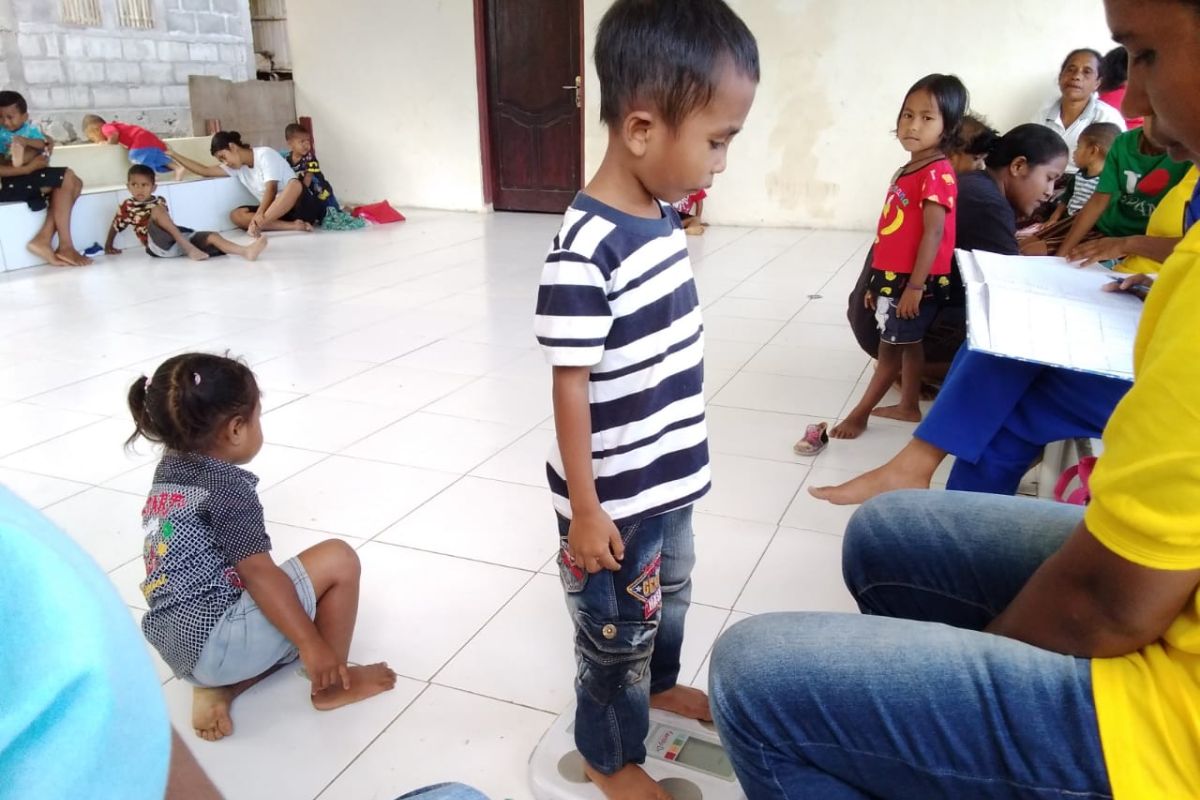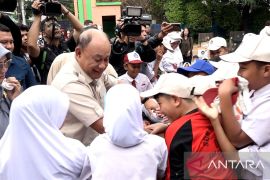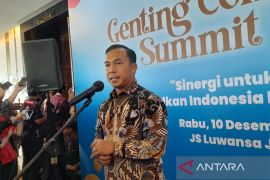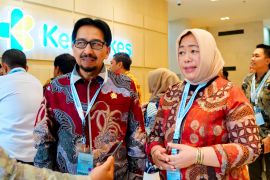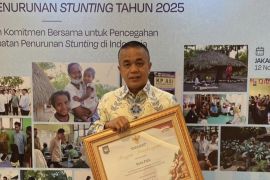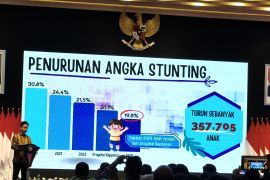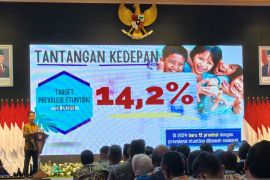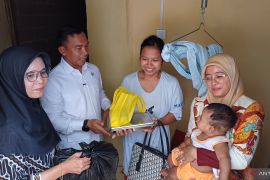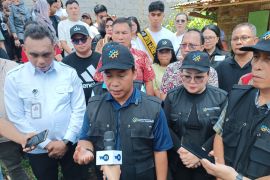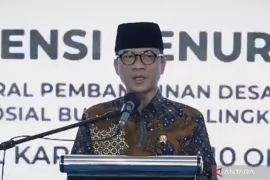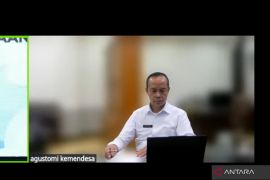"Various factors that need to be optimized to put an end to stunting are strengthening household food security, quality health services, friendly environments for women, and quality parenting with a gender perspective," she said when contacted here on Wednesday.
In 2021, Indonesia's stunting prevalence rate stood at 24.4 percent, still far from the target set under the sustainable development goals (SDGs).
According to Muthiah, efforts to handle stunting are crucial for the development of children and the nation since stunting is a big threat to the development of human resources.
Household food security is very important to meet nutritional needs from the time of pregnancy, she noted.
In addition, friendly environments for women are needed to enable mothers to exclusively breastfeed their babies in the first six months.
Exclusive breastfeeding is very important for preventing stunting. However, Muthiah pointed out that not all workplaces provide a dedicated area for breastfeeding for mothers, as regulated in Government Regulation (PP) Number 33 of 2013 concerning exclusive breastfeeding.
"The awareness of various parties regarding stunting eradication is very much needed, including the private sector and the government, to emphasize various existing regulations for stunting prevention," she said.
The community must also monitor and push for the ratification of the Maternal and Child Welfare Bill (RUU KIA) to strengthen the prevention and eradication of stunting in Indonesia, the researcher added.
Stunting is one of the issues that the Joko Widodo-Ma'ruf Amin administration has made a priority.
In fact, Vice President Amin is targeting a 3-percent reduction in stunting prevalence in 2022 from 24.4 percent in 2021.
The Indonesian government is targeting to reduce the stunting rate to 14 percent by 2024.
Related news: Boosting coordination crucial for stunting reduction: Ministry
Related news: Having breakfast, limiting caffeine help prevent child stunting: BKKBN
Related news: Low budget absorption hindering stunting reduction efforts: BKKBN
Translator: Anita Permata, Raka Adji
Editor: Sri Haryati
Copyright © ANTARA 2022
